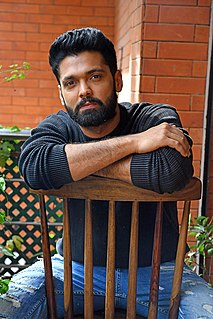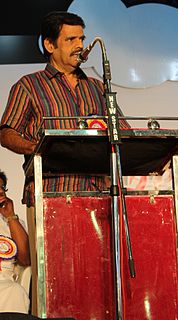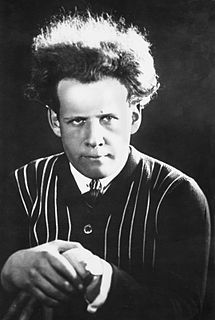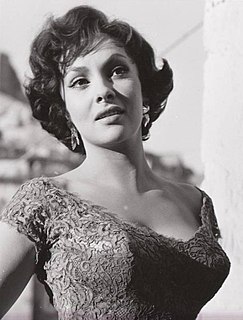A Quote by Martin Scorsese
Cinema is a matter of what's in the frame and what's out.
Related Quotes
I think that's true of all cinema, that's why cinema is the great humanistic art form. Whatever the film is, it doesn't matter what the film is about, or even whether it's a narrative or figurative film at all, it's an invitation to step into somebody else's shoes. Even if it's the filmmaker's shoes filming a landscape, you go into somebody else's shoes and you look out of their lens, you look out of their eyes and their imagination. That's what going to the pictures is all about.
From a philosophical perspective, I want to fight off isolationism and protectionism, be it part of another voice out there that says, wait a minute, what matters to women in Afghanistan matters to America. An isolationist point of view says it doesn't matter. The articulation of "all life matters" helps frame the case that it does matter what happens to a woman in Afghanistan.
The cinema began with a passionate, physical relationship between celluloid and the artists and craftsmen and technicians who handled it, manipulated it, and came to know it the way a lover comes to know every inch of the body of the beloved. No matter where the cinema goes, we cannot afford to lose sight of its beginnings.






































